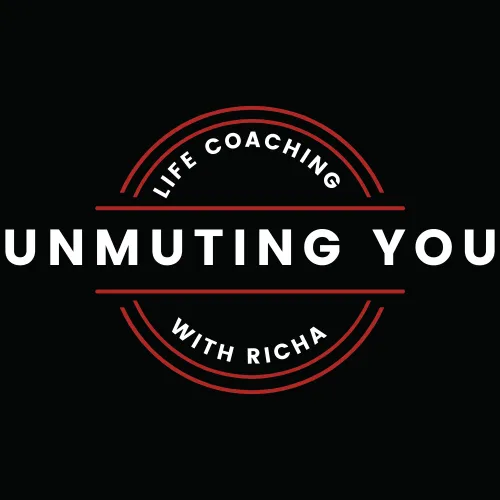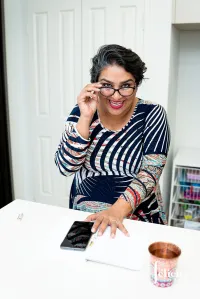
Reclaiming 'Woke': On Awareness, Truth-Telling, and Why National Sorry Day Still Matters
The word woke has been twisted. Once a call to awareness, it's now often used as a slur—a shortcut for dismissing empathy, historical accountability, and social justice. We see it weaponised in politics, reduced to clickbait in media, and thrown around as a way to silence those who dare to care.
But what does woke actually mean? And why does it matter—especially in an Australian context, on days like National Sorry Day?
This post explores the real roots of the word, the danger of misusing it, and why staying awake to history and injustice isn't radical—it's responsible.
The term woke originated in African American Vernacular English (AAVE). It was a call to stay "awake" to racial injustice, to question what you're told, to see beyond the surface. It gained prominence during the civil rights movement and again in the age of Black Lives Matter. In its truest form, woke means engaged, critical, and conscious.
But somewhere along the way, it got hijacked. Popular culture and media turned it into a caricature—a way to ridicule advocacy, silence truth-telling, and shut down necessary conversations.
Here in Australia, we’ve seen that same pattern. The recent Voice to Parliament referendum saw valid calls for justice and representation dismissed as "woke ideology." National Sorry Day, Reconciliation Week, and even truth-telling around colonisation are regularly branded as "too woke."
But let’s be honest: what’s the alternative?
To be asleep? To ignore what has happened and is still happening? To pretend colonisation, racism, and systemic inequality are things of the past?
We cannot move forward as a nation if we keep treating awareness like a threat.
"We know what the issues are. We’ve known them for a long time. It’s time for the nation to move forward on justice and truth." — Pat Anderson AO, Alyawarre woman and co-chair of the Uluru Statement from the Heart
May 26—National Sorry Day—is not a "woke" holiday. It marks the beginning of a week of national reflection on the harms inflicted on the Stolen Generations and the ongoing impact of those policies on First Nations families.
It is a call to acknowledge, not erase. To listen, not deflect. To act, not just post.
Recognising days like this is not about guilt. It is about truth.
When we allow awareness to be reframed as extremism, we allow apathy to flourish.
Being 'woke' isn’t about being morally superior. It’s about:
Asking better questions (Who benefits from this version of the story?)
Seeking out silenced voices
Holding space for discomfort
Staying curious
It’s not about being loud, it’s about being awake.
How to Stay Awake and Engaged:
Ask better questions: When you hear something inflammatory, ask: Who does this benefit? Who's being left out?
Read local histories: Learn from Indigenous authors, educators, and historians. Challenge the version you were taught.
Have brave conversations: Discomfort is not danger. Lean into it with compassion and openness.
Stay curious, not cynical: Mocking something is easier than understanding it. Choose depth over deflection.
We don't need fewer people who care. We need more. We need people who are willing to be thoughtful, to question the status quo, and to unlearn what no longer serves us.
So if choosing to be aware, empathetic, and engaged makes you 'woke' – wear it with pride.
Because the alternative isn't neutrality. It's complicity.
Resources for Continued Learning:
Read:
Finding the Heart of the Nation – Thomas Mayo
Sand Talk – Tyson Yunkaporta
Talking to My Country – Stan Grant
Tell Me Why – Archie Roach
Listen:
Black Magic Woman Podcast – Mundanara Bayles
Word Up (ABC)
The Uluru Statement Podcast
Watch:
The Australian Wars – Rachel Perkins (SBS/NITV)
In My Blood It Runs (documentary)
Follow Indigenous Voices:
@thomasmayo_author
@blacademics
@celestefidler
@nataniabrown
@rachelperkinsfilm
In the spirit of unity and respect, I acknowledge and pay my heartfelt respect to the traditional custodians of Whadjak country, the Noongar people.
I stand on this ancient land with deep appreciation for their enduring connection to country, culture, and community.
As we gather and work together, may we honor the wisdom of the Noongar elders, past, present, and emerging, and strive to nurture a harmonious relationship with the land, its stories, and its people.


LinkedIn